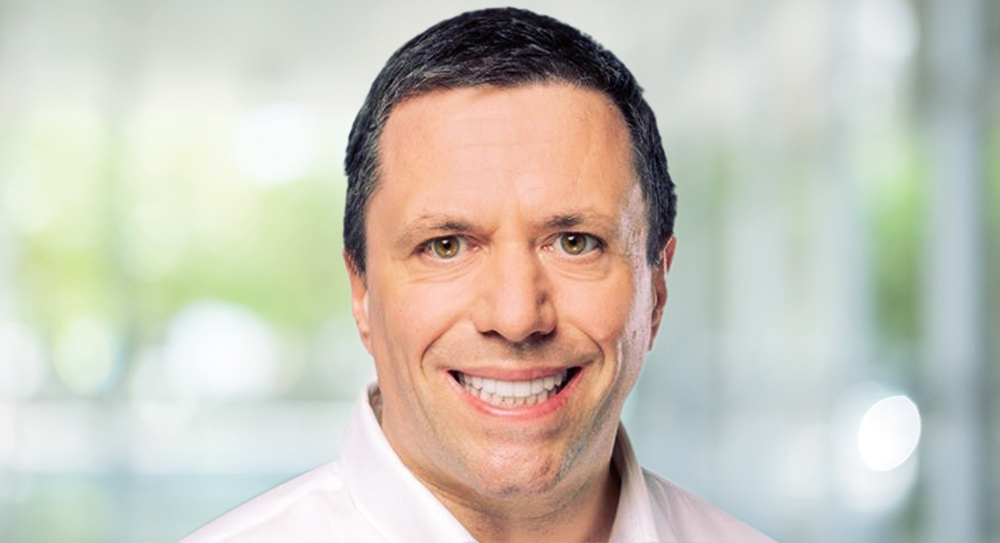5 minutes with… Charlie Jolly, RSM
The Drawdown (TDD): What does RSM do and in what ways does it service private equity?
Charlie Jolly (CJ): RSM provides private equity firms with accounting, audit, tax, consulting and corporate finance services. We provide a holistic offering across three areas: fund services, transaction services and portfolio services.
Our fund services business works with the finance function of PE funds.
Profile:
Categories: ProfileFundraising & fund structuringFund docsFund financeOutsourcingFund administration






